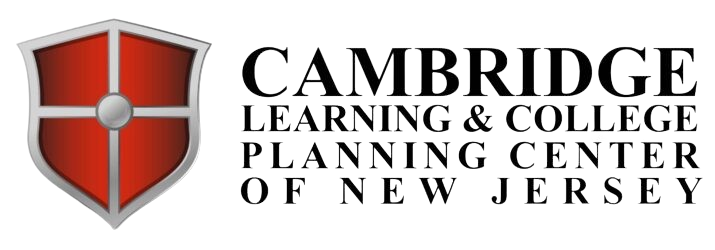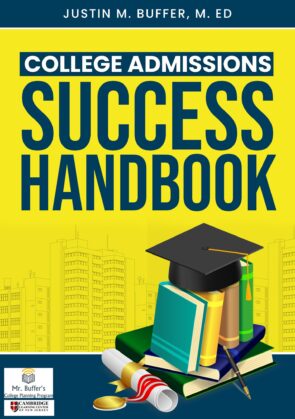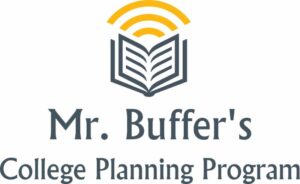I am often asked as a professional College Admissions Planner and Consultant, how much colleges put weight on the rigors of the classes a student took in high school. My immediate answer is always, in effect, “A lot.” Although there is no set formula for how many AP or Honors classes a student’s transcript should demonstrate that they were willing to challenge themselves and not try to boost their GPA through less difficult courses.
In today’s highly competitive landscape for college admissions, it’s essential for students to demonstrate academic rigor throughout their high school years. Embracing challenging classes not only equips students with a strong skill set, but it also conveys a strong message to colleges about a student’s commitment to intellectual growth and resilience in the face of challenge. It shows a university that a student does not shy away from challenges, but rather embraces them. In common sense terms the logic goes- in eyes of admissions officers- “if a student is willing to push themselves in high school, they will push themselves in college also.”
On the other hand, if a student opted not to take challenging courses in high school, it might raise questions in an admissions officer’s mind, especially at a more elite university. Thus, how much of a positive influence on other students can this student have at the university? Colleges are always looking for good role models for their campuses. If they shy away from challenges, questions may arise:
“Will this student be able to handle the rigor of college coursework?” “Can they demonstrate resilience and dedication in the face of academic challenges?”
After all, past behavior is often a strong indicator of future actions. Choosing a challenging course load in high school sends a signal to colleges that a student is ready to handle the rigors of higher education.
And it is important to note that these academically rigorous classes, such as AP, IB, or dual enrollment programs, do more than just demonstrate a student’s capacity to handle tough coursework for university admissions. They also allow students to develop essential skills like time management and effective study habits, skills that are crucial for success at college and beyond.
Moreover, advanced classes also contribute significantly to the preparation for standardized tests like the SAT and ACT. By engaging with complex reading materials, challenging mathematics, and rigorous testing environments, students cultivate critical thinking skills and a broad knowledge base that can enhance their performance on these important exams. At our SAT/ACT program at the Cambridge Learning & College Planning Center of New Jersey, we often find that students who have opted not to take the more challenging classes often find themselves lacking in necessary background content knowledge to do as well as they can on the reading passages. Thus, we have to spend more time with them backfilling a lot of this information.
Besides these advantages, another key advantage of AP and dual enrollment classes is the potential to earn college credit. Achieving high scores on official exams or paying for dual enrollment tuition could lead to college credit, saving both time and money once the student gets to college.
Finally, challenging classes serve as platforms for students to explore their academic interests and possible career paths. Whether they discover a passion for STEM through AP Calculus, or kindle an interest in history from a dual enrollment course, these rigorous classes can guide students towards their future academic and career choices. Over the years as a teacher, College Planner, and Educational Director here at Cambridge, I have seen countless stories of students who found their passion in a class they initially took to enhance their college admissions portfolio.
It is also important to note that even if a school offers a limited selection of AP courses, or none at all, students have various ways to demonstrate academic rigor. Admissions officers have often told me that they value the willingness to tackle challenging coursework in whatever form it takes. Some students of mine who go to high schools with low AP course offerings have chosen to take college classes over the summer at Rutgers to demonstrate to a university that they are serious about challenging themselves.
In conclusion, undertaking challenging classes in high school can significantly impact a student’s educational trajectory and college admissions chances. After all, how a student tackles academic adversity today can say a lot about how they will handle future challenges tomorrow.






